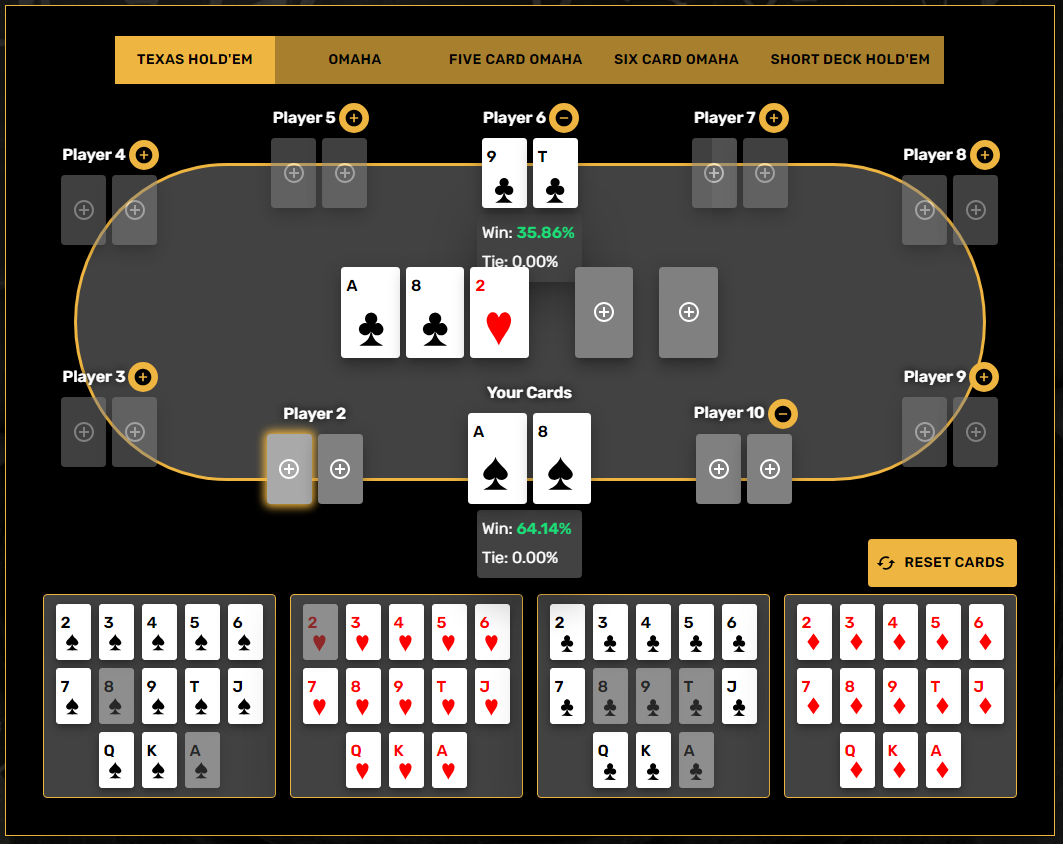Gambling has been around since the dawn of civilization, and with every new technology and innovation that came along, it wasn’t long before people figured out how to turn it into the time honored act of placing a friendly wager. After all, gambling can fill many needs such as the need for variety, excitement, fun, and being social.
We’ve even seen this phenomenon play out over the course of the past century or so. Take the slot machine for example – this device started life as a mechanical Victorian novelty, then over the decades grew increasingly more refined, incorporating circuit boards and then video screens. Nowadays, slots are predominantly experienced as a wholly digital medium with online slots now the most popular type of this classic title. Players who prefer a mix of skill & luck often end up trying real money online poker – and a small part of them end up making it as professional poker players.
And it’s not just slots that have seen some transformation over the years. When the world wide web began growing in popularity in the late 90s, the first online casinos fired up and opened their doors. At first people typically thought of these as fun side-shows to the real action found in legacy brick-and-mortar venues from Las Vegas to Macau. But it wouldn’t be long before online casinos themselves began to serve as culture-makers and trend setters for the wider industry.
How Technology Has Affected iGaming
Nowhere is advancement of tech more apparent than in our beloved game of poker itself. The so-called “poker boom” of the early 00s was a revolutionary moment for our game, as new players from around the world grew in prominence and brought the fight to WSOP tournaments, historically the stomping ground of all-analogue professionals.
Nowadays, online casinos account for over 25% of all revenues in the casino industry. What’s more, they’re the only sector that is not only not slowly depreciating, but in fact enjoying fantastic growth with a CAGR estimated variously of over 14% between now and the end of the decade. This reflects a trend we’re seeing across all commercial sectors – the rise of smartphones and the widespread use of the internet has led to on-demand digital services outcompeting their physical counterparts on both price and convenience.
In a sector so keen to change with the times, it should thus come as no surprise that the world of iGaming and online casinos has distinguished itself as a major early-adopter of exciting technologies and novel modalities among the entertainment market. Let’s take a look at some key examples of this phenomenon below:
What Is the Future Role of Blockchain for iGaming
It’s virtually impossible nowadays to avoid the onslaught of advertising, promotions and hype surrounding the blockchain and crypto currency assets like Bitcoin, Ethereum, and Elon Musk’s favorite – Doge Coin. But the hype exists for a reason, as this technology is potentially the most significant thing to happen in the world of financing and money in centuries.
This is because it offers people a means of making transactions with unparalleled anonymity, security, and flexibility. As such, it should come as no surprise that casinos of all stripes have been eagerly positioning themselves at the vanguard of public-facing platforms open to trading in this new payment protocol.
While the sector remains in its early stages, we’re already seeing dedicated platforms collate and furnish competitive offers on bitcoin casino Canada and other iGaming crypto regional categories. Sites such as Casino Bonus CA have come to distinguish themselves as flag bearers in this new trend, though it won’t be long before the use of crypto in poker & the iGaming space becomes standardized at this rate.

How Metaverse Can Change iGaming industry
The metaverse was all the rage last year, though now it seems as if its time in the limelight has been somewhat stolen by the rise of powerful AI models. Yet while it may not seem as if the metaverse is nearly as imminent as Mark Zuckerberg would have had us believe, there continue to be important advancements surrounding this exciting suite of technologies.
The main impediment to the widespread adoption of metaverse platforms at present is typically believed to be down to limitations on proprietary hardware. Put simply, not enough people own – are interested in owning – VR-ready headsets like the Meta Quest 2 or PSVR2. However, with the recent announcement of Apple’s Vision Pro headset causing a stir, the metaverse may once again be closer than we think.
The prospect of VR and casino gaming has already been toyed with by a number of leading platforms, and it’s easy to see how this tech could integrate nicely into the collective table gaming experience of online casinos. What the coming of the metaverse itself – a persistent, VR online world – offers is even more tantalizing; a digital Las Vegas strip full of all our favorite names and games.









